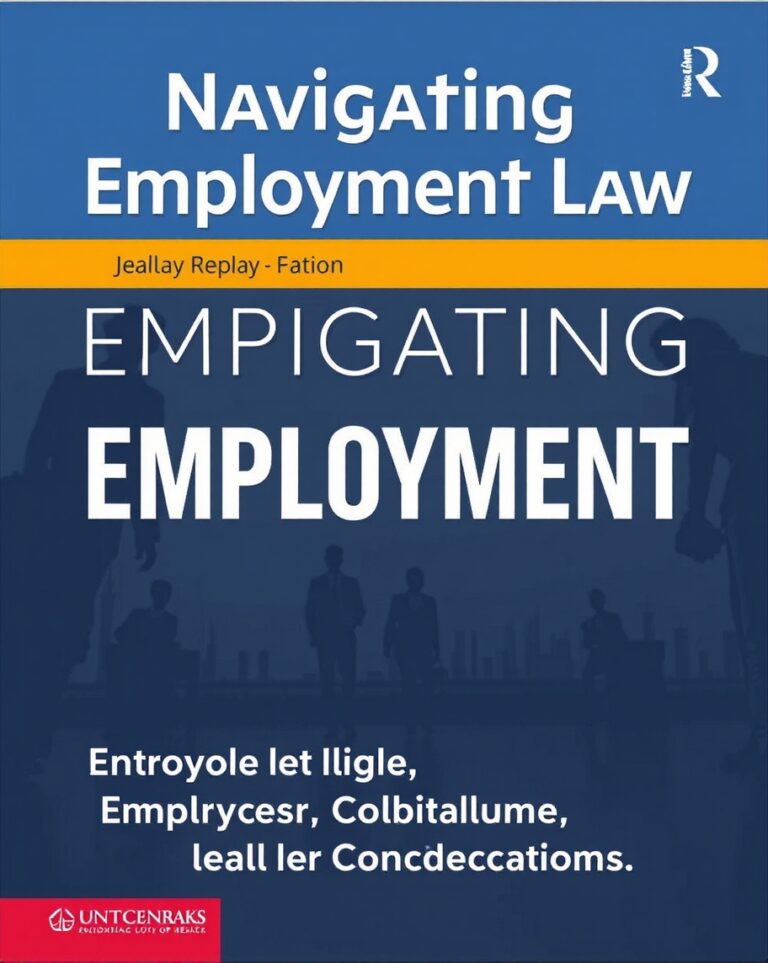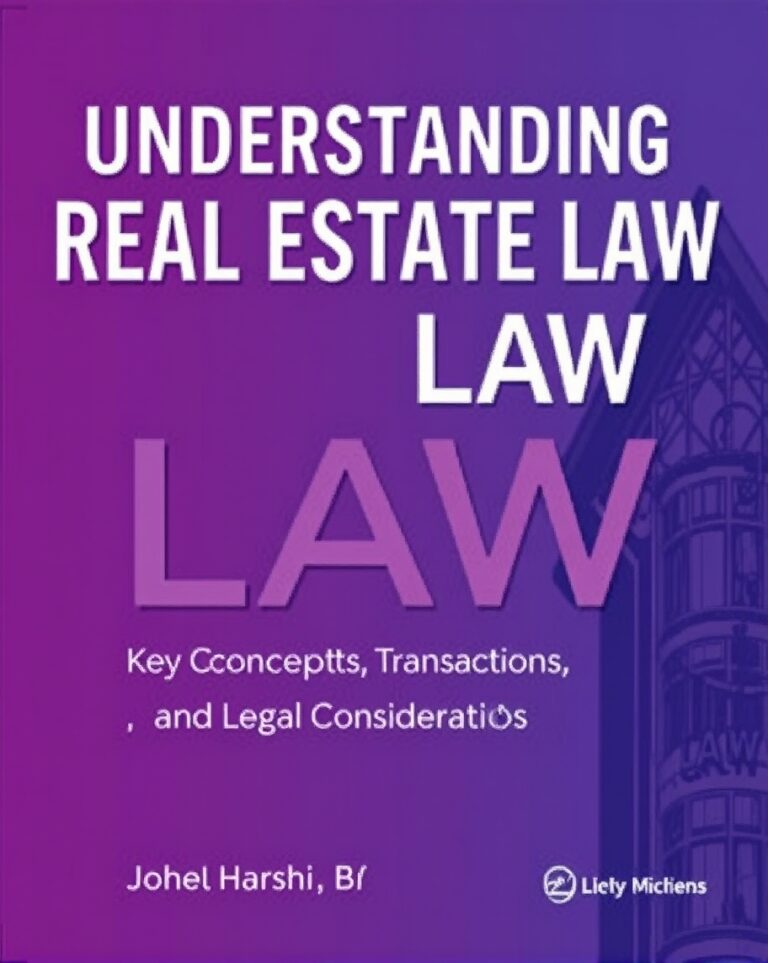
Introduction
Real estate is one of the most significant investments an individual can make, whether for personal use or as a financial strategy. Understanding real estate laws and property rights is crucial for navigating the complex landscape of property ownership. This article will delve into the key aspects of real estate laws, property rights, and how they affect transactions, disputes, and investments. We will also highlight high CPC keywords relevant to this domain to enhance online visibility and drive traffic.
Understanding Real Estate Laws
Real estate law encompasses a wide range of legal issues related to property, including the buying, selling, leasing, and using real property. It includes federal, state, and local regulations that govern real estate transactions, property development, and zoning. Here are some key components of real estate law:
1. Property Ownership
Types of Ownership
- Freehold vs. Leasehold: Freehold ownership grants full rights over the property indefinitely, while leasehold ownership gives rights for a specified period.
- Joint Tenancy: A form of ownership where two or more individuals hold equal shares in a property. Upon the death of one owner, their share passes to the surviving owners.
- Tenancy in Common: Similar to joint tenancy but allows owners to hold unequal shares. Each owner can sell or transfer their share without consent from others.
Property Rights
Property rights refer to the legal rights individuals have to own, use, and transfer property. These rights include:
- The Right to Use: Owners have the right to use their property as they see fit, subject to local laws and regulations.
- The Right to Exclude: Property owners can prevent others from entering or using their property.
- The Right to Transfer: Owners can sell, lease, or give away their property, though restrictions may apply based on existing agreements or regulations.
2. Real Estate Transactions
Contracts
Real estate transactions often involve complex contracts that outline the terms and conditions of the sale or lease. Key elements of real estate contracts include:
- Offer and Acceptance: The buyer must make an offer, and the seller must accept it for a contract to be valid.
- Consideration: This refers to something of value exchanged between the parties, typically money in a sale.
- Legal Capacity: Both parties must have the legal ability to enter into a contract, which typically excludes minors or individuals deemed mentally incompetent.
Closing Process
The closing process is the final step in a real estate transaction. Key elements include:
- Title Search: A thorough investigation of the property’s title to ensure there are no liens or claims against it.
- Escrow: An arrangement where a neutral third party holds funds or documents until all conditions of the sale are met.
- Closing Disclosure: A detailed document that outlines the final terms of the loan and closing costs.
3. Zoning and Land Use Regulations
Zoning laws are critical for managing land use and ensuring that properties are developed according to local standards. They dictate how land can be used and may include:
- Residential Zoning: Designates areas for housing.
- Commercial Zoning: Specifies areas for business activities.
- Industrial Zoning: Regulates areas for manufacturing and industrial operations.
Zoning laws can significantly impact property values and use, making it essential for property owners and buyers to understand these regulations.
4. Property Disputes
Disputes over real estate can arise for various reasons, including boundary disagreements, lease violations, and property damage. Common types of property disputes include:
- Boundary Disputes: Conflicts that arise when two property owners disagree on the location of their property lines.
- Easement Disputes: Issues related to the right of one property owner to use another’s property for a specific purpose, such as access to a road.
- Landlord-Tenant Disputes: Conflicts that occur between landlords and tenants, often over lease agreements, rent payments, and property maintenance.
5. Real Estate Financing
Financing is a crucial aspect of real estate transactions. Understanding the different financing options can help buyers make informed decisions:
- Mortgages: Loans secured by the property itself, typically requiring down payments and regular payments over time.
- Home Equity Loans: Loans that allow homeowners to borrow against the equity in their property.
- Private Money Lending: Loans from private investors, often with less stringent requirements than traditional banks.
High CPC Keywords in Real Estate Law
To enhance visibility in search engines and attract high-value traffic, here are some high CPC keywords related to real estate laws and property rights:
- Real Estate Attorney
- Property Rights
- Real Estate Transactions
- Zoning Laws
- Land Use Regulations
- Property Disputes
- Real Estate Financing
- Lease Agreements
- Title Search
- Closing Process
Incorporating these keywords strategically throughout the article can improve SEO performance and drive higher click-through rates.
Conclusion
Understanding real estate laws and property rights is vital for anyone involved in real estate transactions, whether as a buyer, seller, or investor. Knowledge of property ownership types, transaction processes, zoning regulations, and potential disputes can empower individuals to navigate the complexities of real estate confidently. By leveraging high CPC keywords, you can enhance your online presence and attract valuable traffic to your content.



